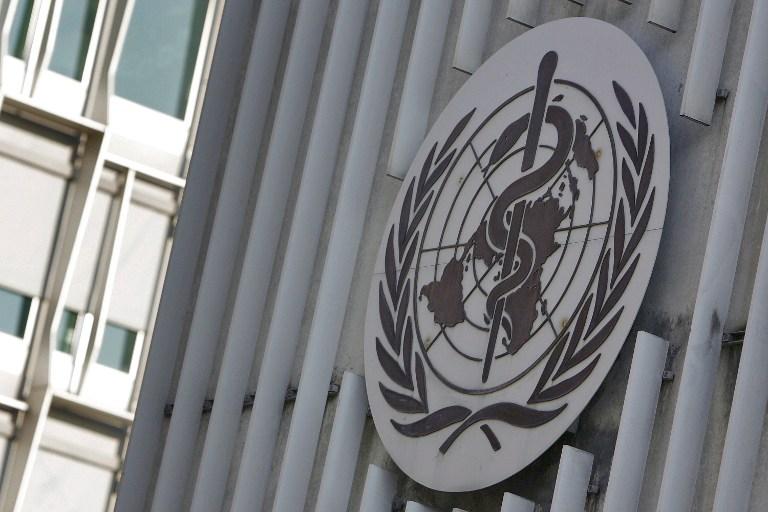Tanzania declares end of deadly Marburg virus outbreak – WHO

DAR ES SALAAM, Tanzania - Tanzania on Friday declared the end of a deadly outbreak of the Marburg virus, more than two months after it was first confirmed, the World Health Organization (WHO) said.
A total of nine cases, eight confirmed and one probable, and six deaths were recorded in the outbreak of the hemorrhagic fever in the northwestern region of Kagera, the WHO said in a statement.
The UN health agency said it was the first such outbreak in Tanzania, an East African country with a population of almost 62 million.
The last confirmed case tested negative on April 19, setting off the 42-day mandatory countdown to declare the end of the outbreak, it added.
Neighboring Uganda, which witnessed its last outbreak in 2017 and shares a porous border with Tanzania, had gone on high alert after Marburg was confirmed by Tanzania's health ministry on March 21.
Uganda had just emerged in January from an almost four-month-long Ebola outbreak, which killed 55 people.
The WHO said Tanzania's health authorities, with help from the UN agency and other partners, had "immediately rolled out outbreak response to stop the spread of the virus and save lives".
The Marburg virus is a highly virulent microbe which causes severe fever, often accompanied by bleeding and organ failure.
No vaccines
It is part of the so-called filovirus family that also includes Ebola, which has wreaked havoc in several previous outbreaks in Africa.
Fatality rates from Marburg in confirmed cases have ranged from 24 percent to 88 percent in previous outbreaks, according to the WHO.
The virus is transmitted to people from fruit bats and spreads among humans through direct contact with the bodily fluids of infected people, surfaces and materials, it says.
There are currently no vaccines or antiviral treatments, but the WHO has said potential treatments, including blood products, immune therapies and drug therapies, as well as early candidate vaccines are being evaluated.
Tanzania's outbreak coincided with cases in the West African state of Equatorial Guinea, where the death toll had risen to 12 according to health ministry figures issued on April 24.
Previous outbreaks and sporadic cases have been also reported in South Africa, Angola, Kenya, and the Democratic Republic of the Congo.
The virus takes its name from the German city of Marburg, where it was first identified in 1967, in a lab where workers had been in contact with infected green monkeys imported from Uganda. -- Agence France-Presse



